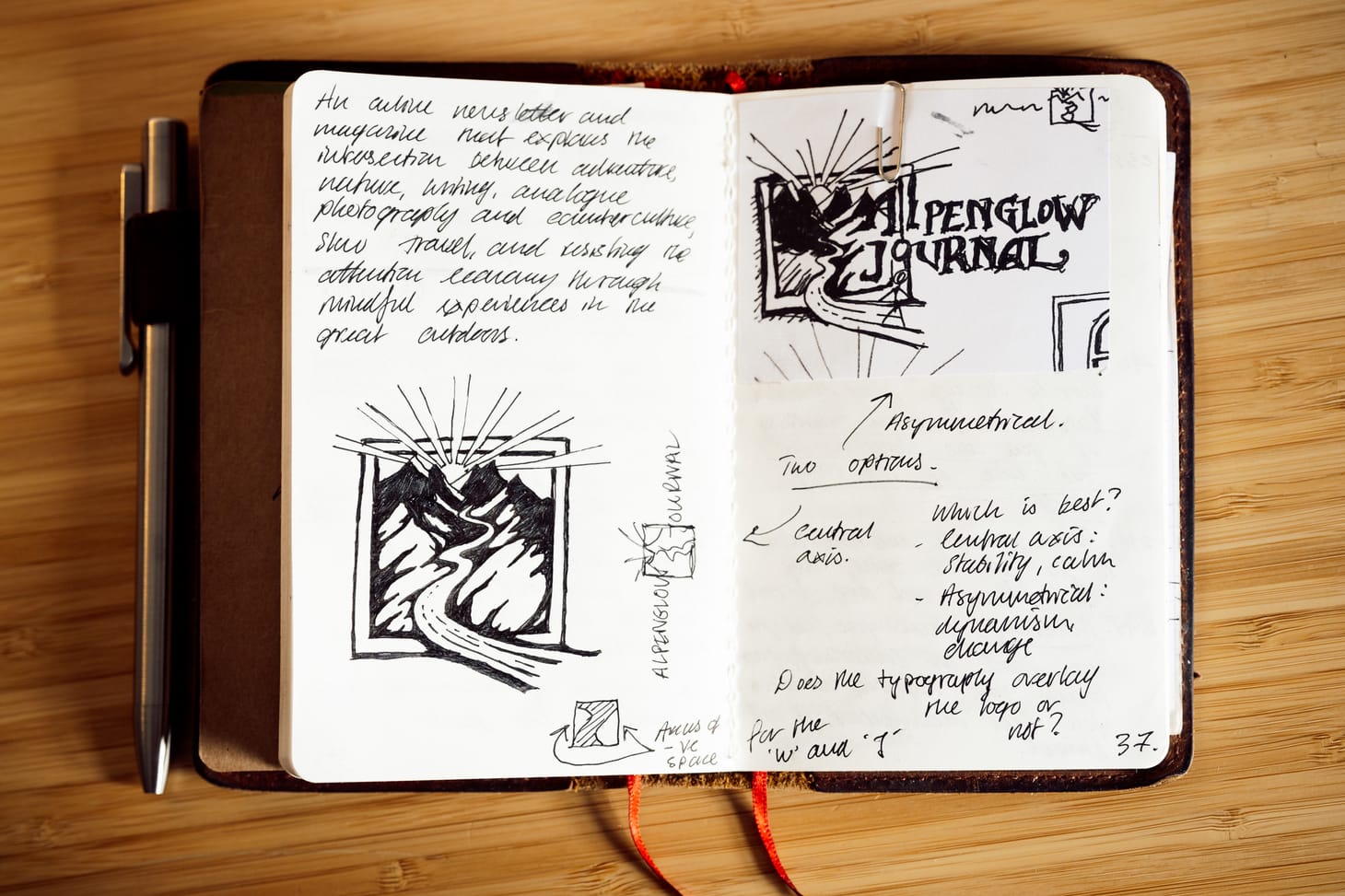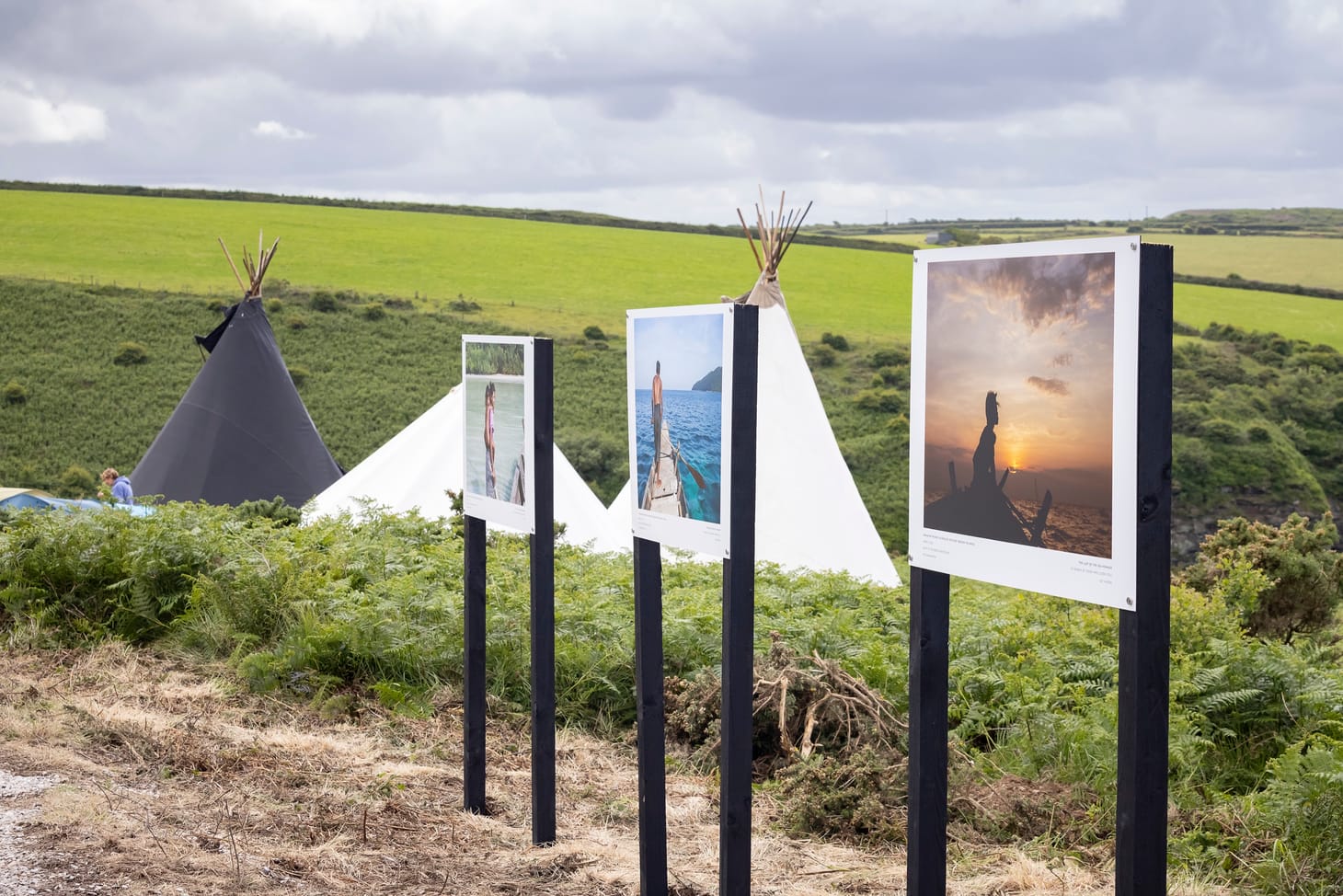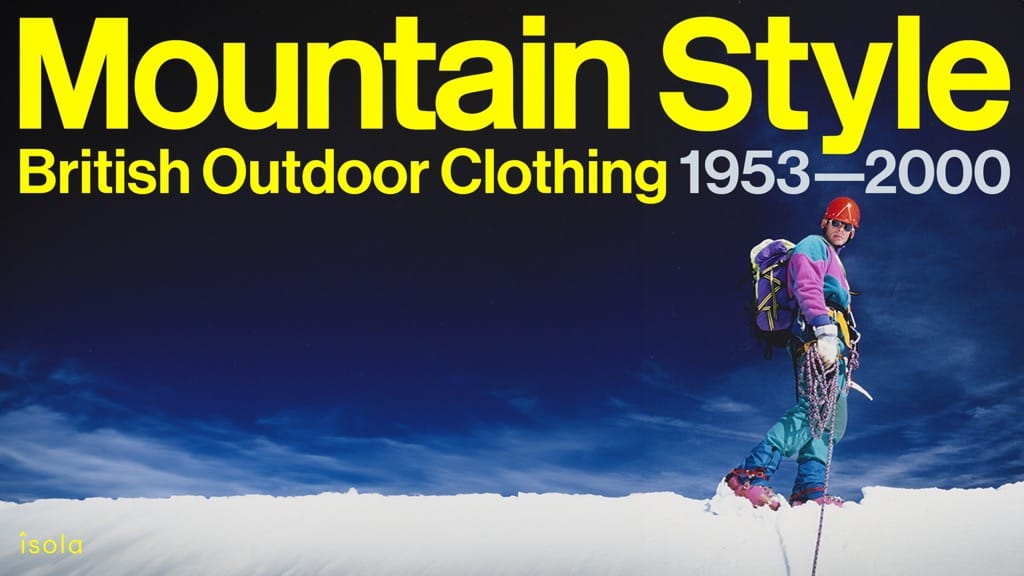An idea has come out of nowhere
Yes, I am now working on *two* novels.
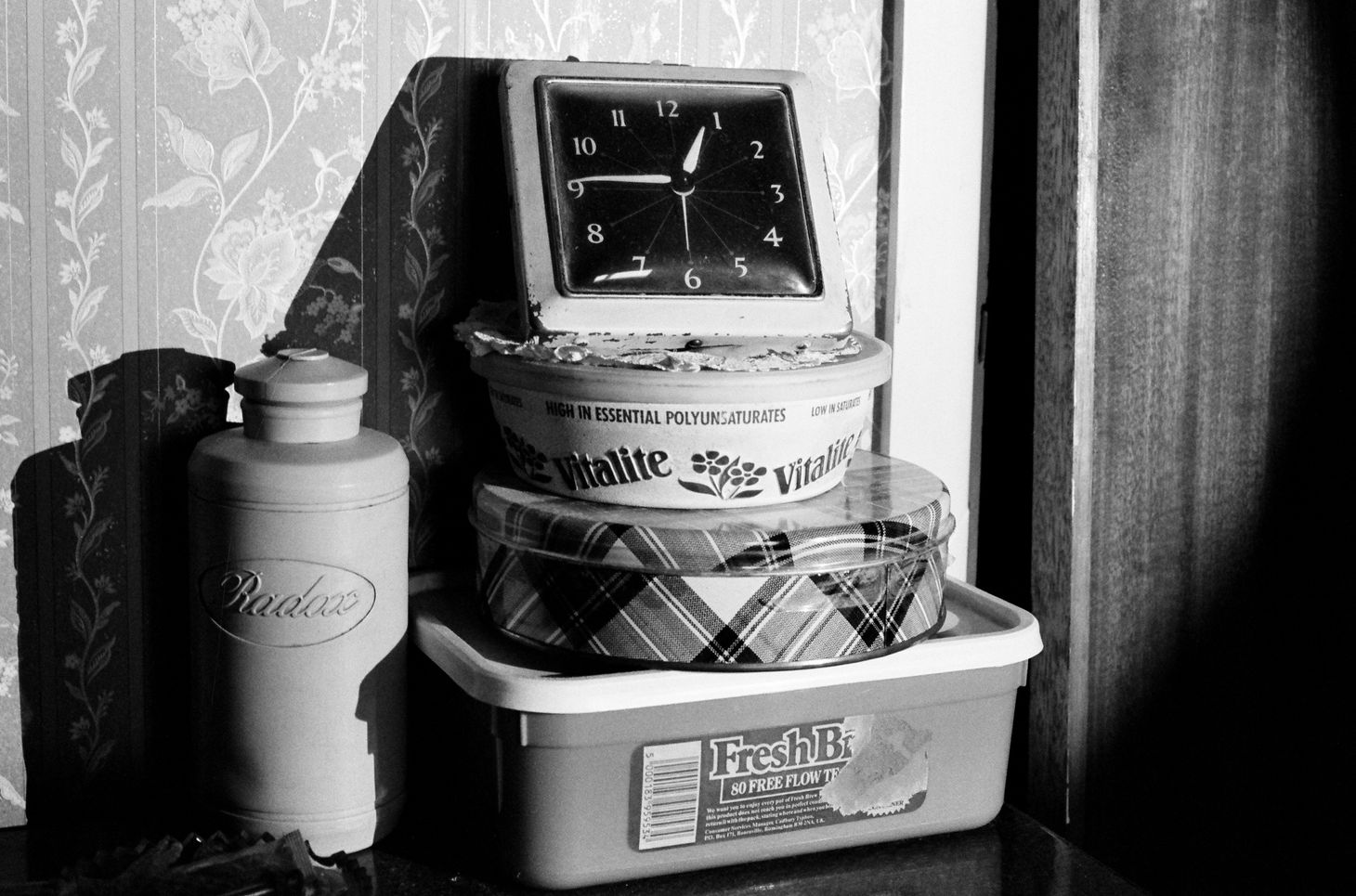
I've been working on fiction again recently. Two projects, actually: a long-running sci-fi novel I've been picking at since 2017, and a new idea that came out of nowhere and demanded that I paid attention to it. But because writers aren't robots, and writing is not the same thing as typing, this idea has not really come out of nowhere – of course it hasn't. Its roots run deep. A big proportion of creative writing is in the unconscious accretion of ideas and themes over long periods of our lives.
Still, every time this happens to me (and it hits once every few years) it comes as a surprise. Wham! Here is a big idea you've never consciously thought about before – now WRITE IT! Sometimes the energy of that initial spark fizzles out before I can properly harness it. Sometimes it evolves into something great.
At this point I am neck deep in character sheets, timelines, and a few tentative scenes. It's a contemporary story set in 2022. This is the first time I've ever written fiction set in anything like the present day. It feels like a big step outside my comfort zone.
Writing just for me
Once upon a time I dreamt of being a professional novelist. That dream hasn't entirely gone away, but because my day job involves a lot of creative writing the itch is largely being scratched – and I no longer have to dream about quitting to become a writer, because I already did that nine years ago. But there is writing and there is writing. I've waffled a bit about this recently in my blog post 'The stories that must be written'.
I don't know if this project will ever make me a penny, and that's fine – in fact it's almost the point. If it becomes a novel that I can publish and sell, that's great, but I'm not doing it for that reason. I'm doing it because I have to, and because it makes me a better writer and a happier person.
One thing I learned a very long time ago is that writers don't really have a choice. Writers write.
The analogue workflow
Workflow-wise, this is going to be another project completed 100% using analogue tools, and most likely composed primarily on the typewriter. Why? That's a complicated question to answer, but perhaps the best response right now is based on a conversation I've been having over on Threads.
I write professionally all day long at a computer, and I simply can’t use the same environment for personal projects without losing the will to live. Also, work that starts on a typewriter is always better work because more thought goes into it and the transcription stage is wonderful for self-editing. A totally different thinking process. Thirdly, some projects simply feel like a better fit for a 100% analogue workflow. And finally, I just love the tactility!
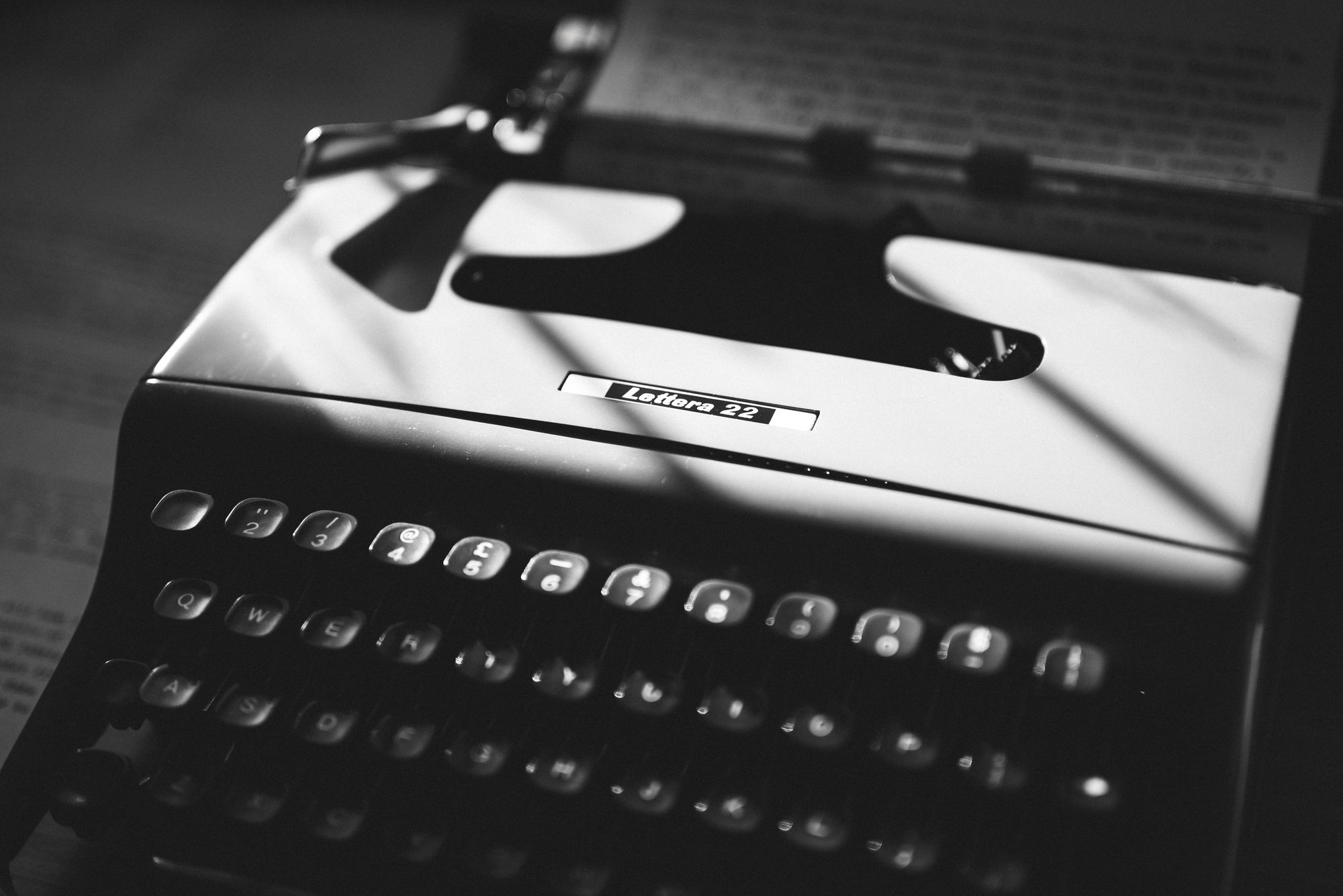
Composing creative work on a typewriter can feel uncompromising, even a bit brutal due to the inability to edit, but that’s the beauty of it. It’s even better than writing by hand. I often think that when you compose on a computer you are thinking with your hands, in a non-linear fragmented manner, but with a typewriter the thinking happens in your brain and it’s a lot more linear.
My problem with composing by computer is the very lack of friction – I think with my fingers and type too fast, and get bogged down in the self-editing as I go. For me, slow and linear writing that happens in my head is better writing, so I find that the physical properties of analogue media help to counteract my tendency to go fast and let the words do the thinking for me.
I’ve long felt the difference between thinking as I type and thinking before I type. My greatest weakness as a writer is not thinking enough about what I’m writing.
Setting the vibe
I'm not ready to talk about this story in its specifics. Partly that's because I don't feel like I have a firm grasp on it yet. It's a bit delicate and I'm scared that it might flutter away.
But I can talk about how this story feels. Have you ever been struck by the idea that something you take for granted, something you never imagined could come to an end, will one day just vanish? Have you ever looked back and thought to yourself that you didn't appreciate what you had and that now it's too late? Have you experienced grief, realised that it changes you in complex ways, and that it will keep resurfacing for years to come in unexpected forms? Have you walked through an antiques shop, piled high with the detritus of countless lives, and found yourself repelled by this black hole of human souls – and yet also strangely drawn to it again and again? Have you ever been spooked by the radium-burnt dial of an old clock? Have you ever bought something old, something broken and abandoned, not because you needed it but because you wanted to make a connection with another human being you never even knew?
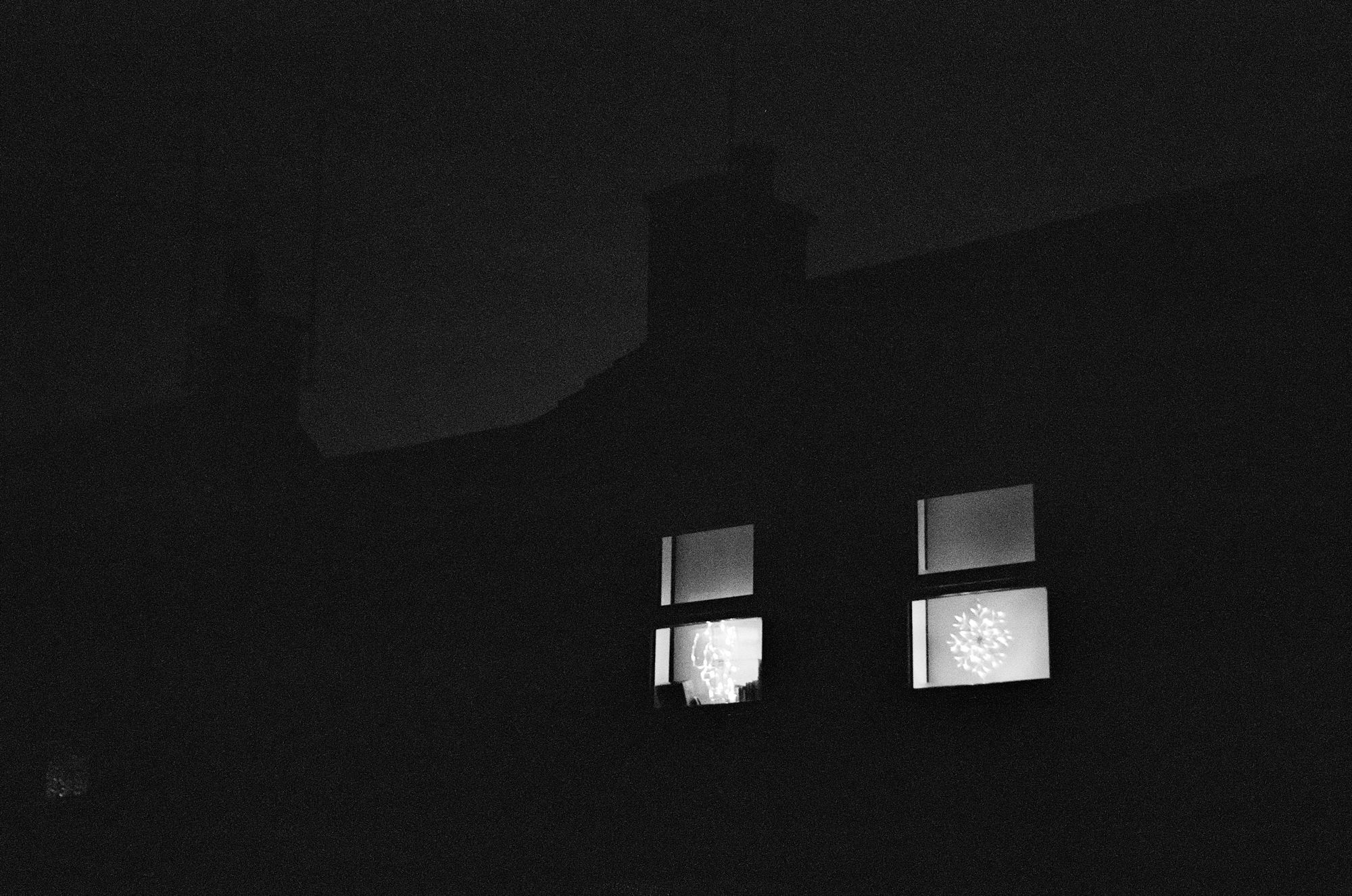
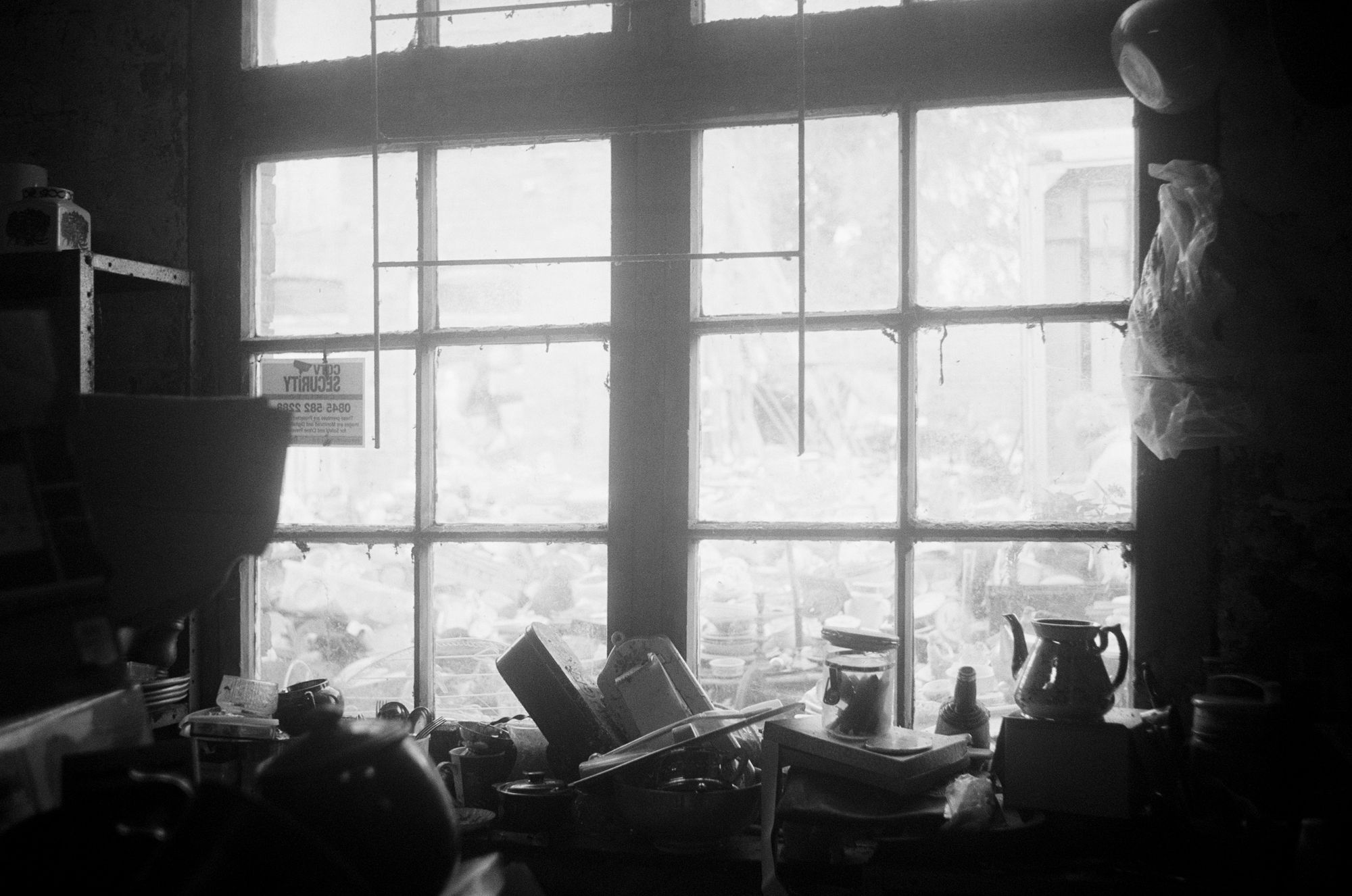
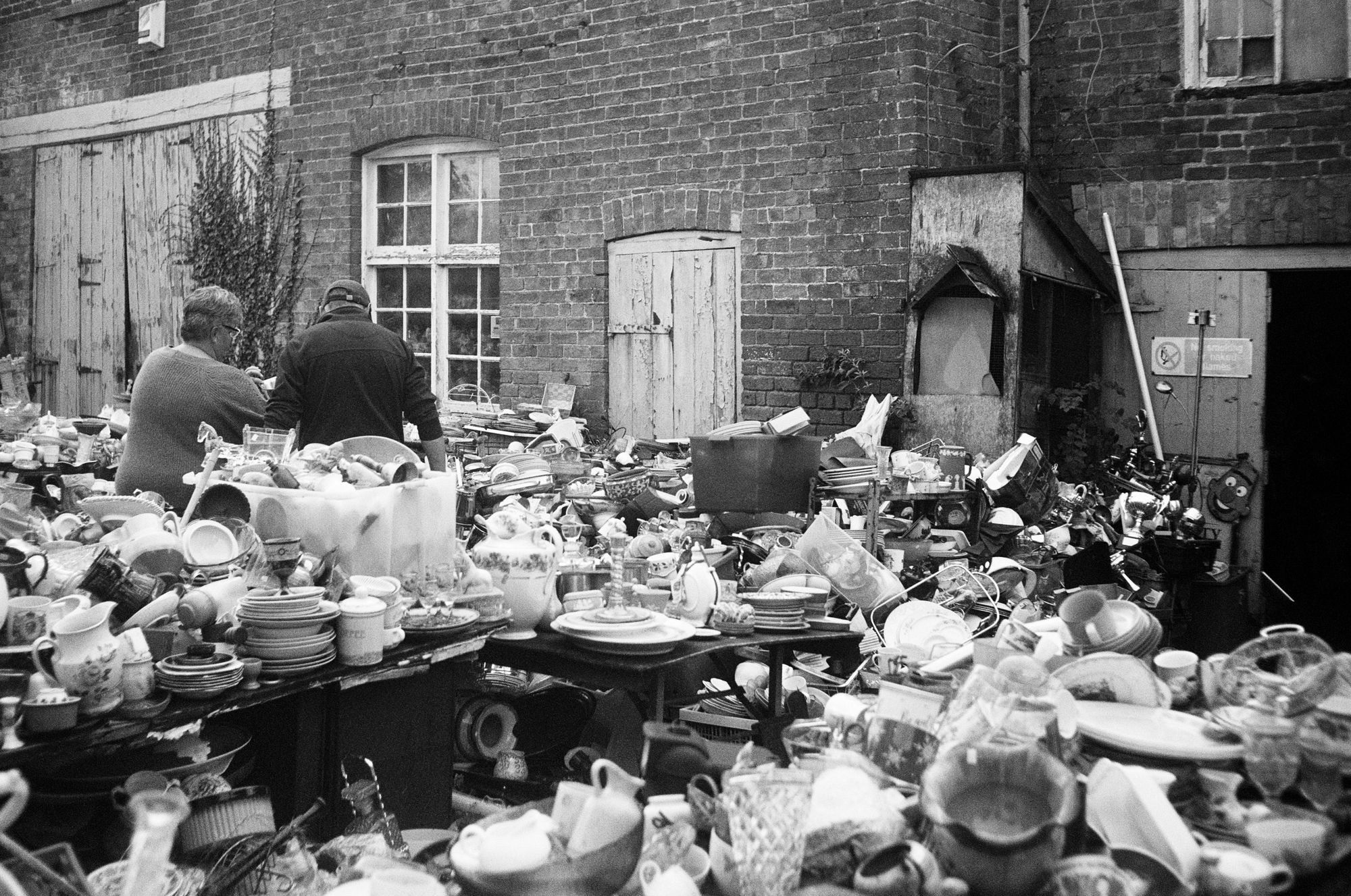
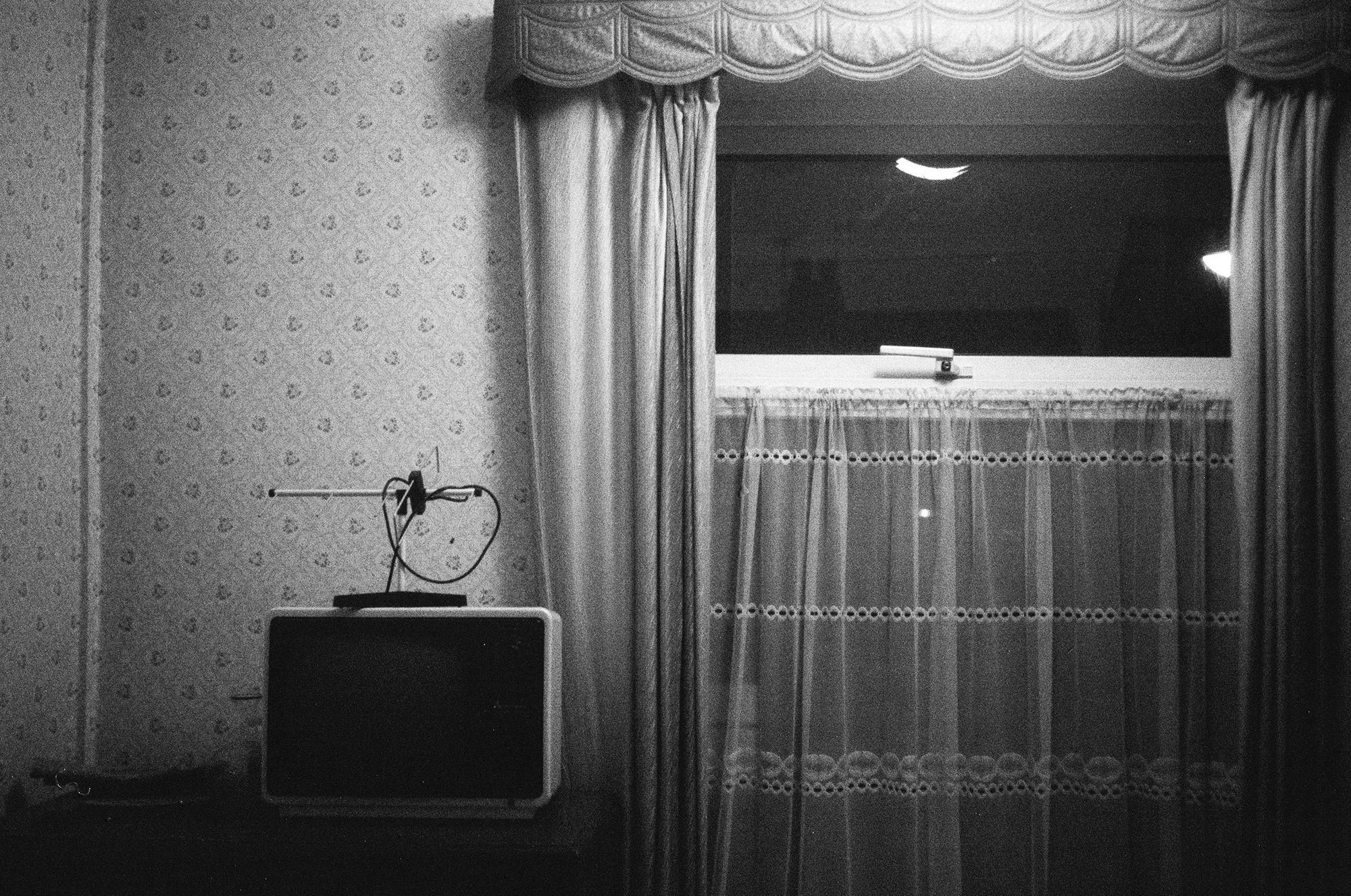
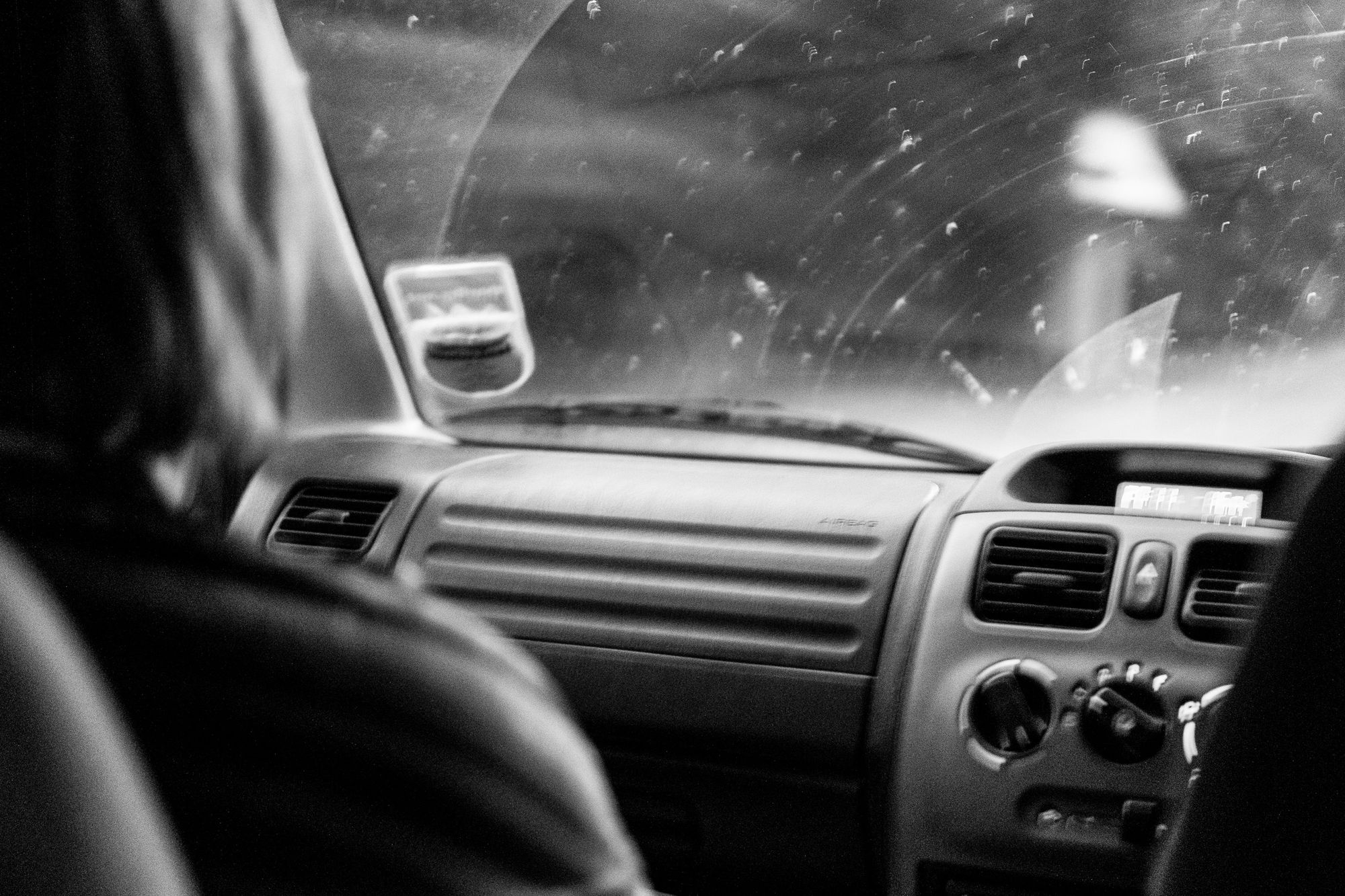
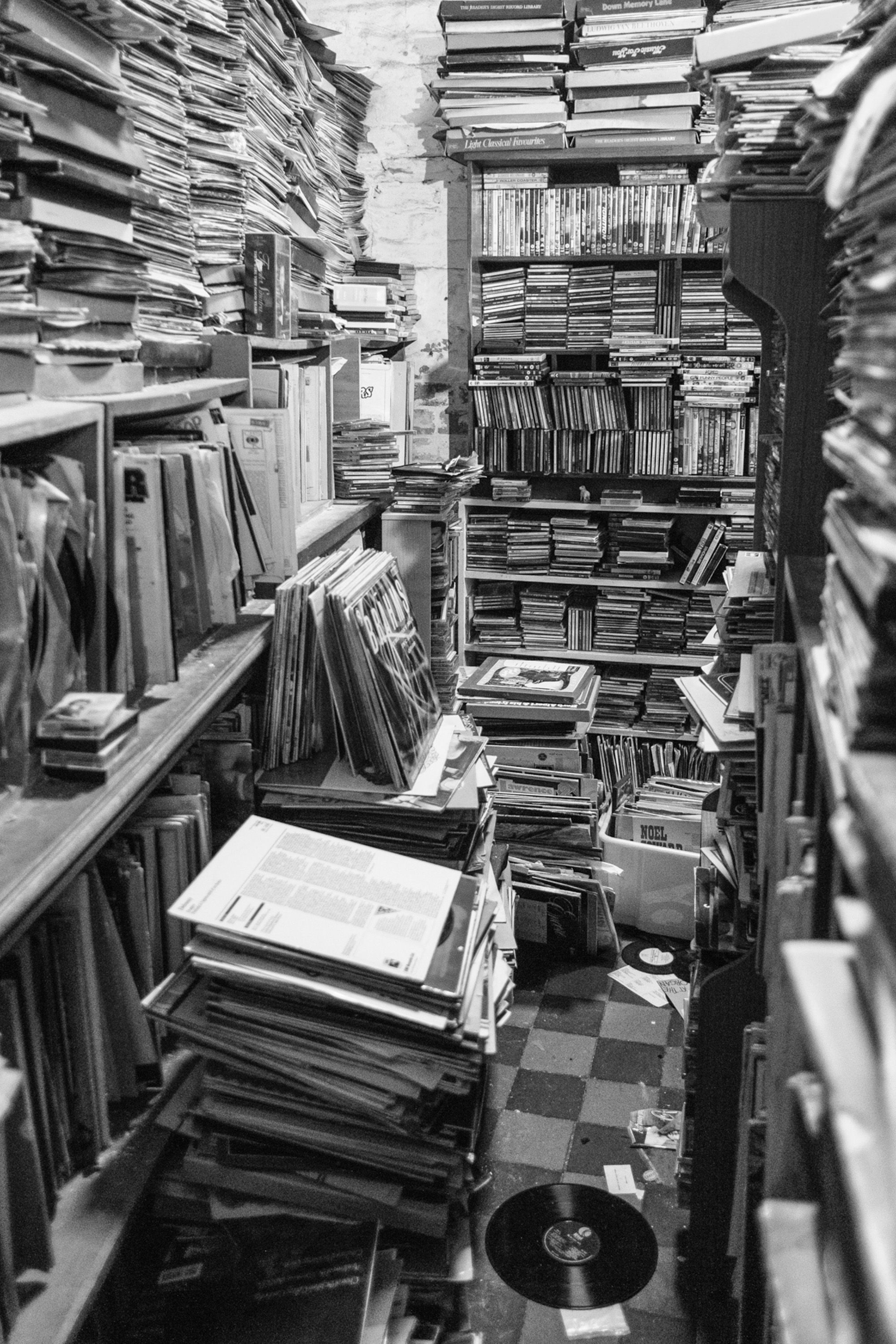
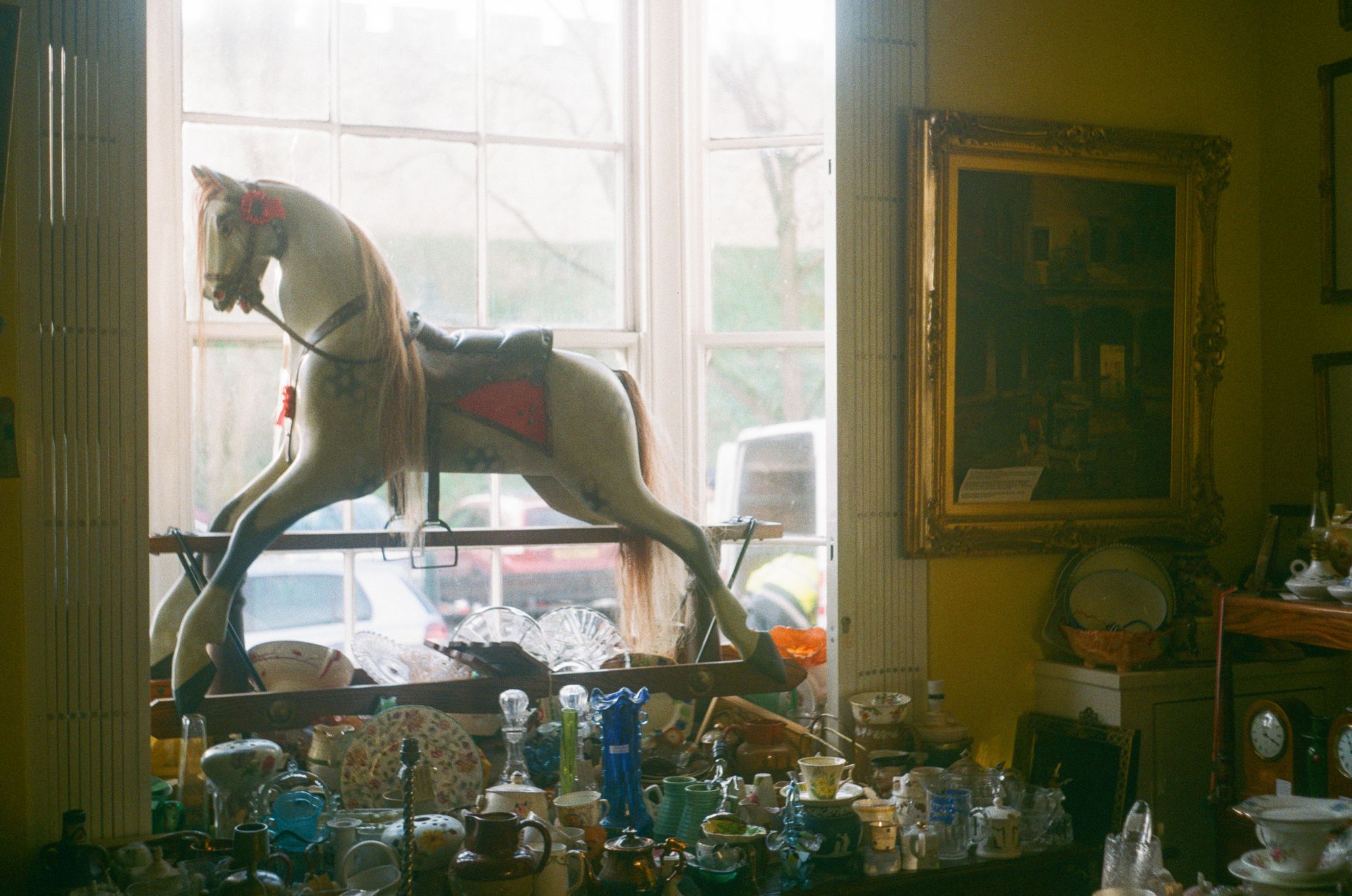
These are some of the questions I'm grappling with as I feel my way around the edges of this story. Impermanent permanence, the value of things, thin places, connections across time, regrets, bridges burnt and bridges built. And I realised that my Lightroom library is a fertile ground for visual inspiration. A lot of my photography over the years has explored these themes. I've been building up a sort of mood board to set the vibe as I make my way through the prewriting process.
Will this ever become a complete novel? Honestly, the odds aren't good; I've started far more novels than I've finished. Maybe I'll finish it and maybe I won't. Maybe that doesn't even matter, because the unfinished stories have taught me just as much as the finished ones – and they remain a part of me.
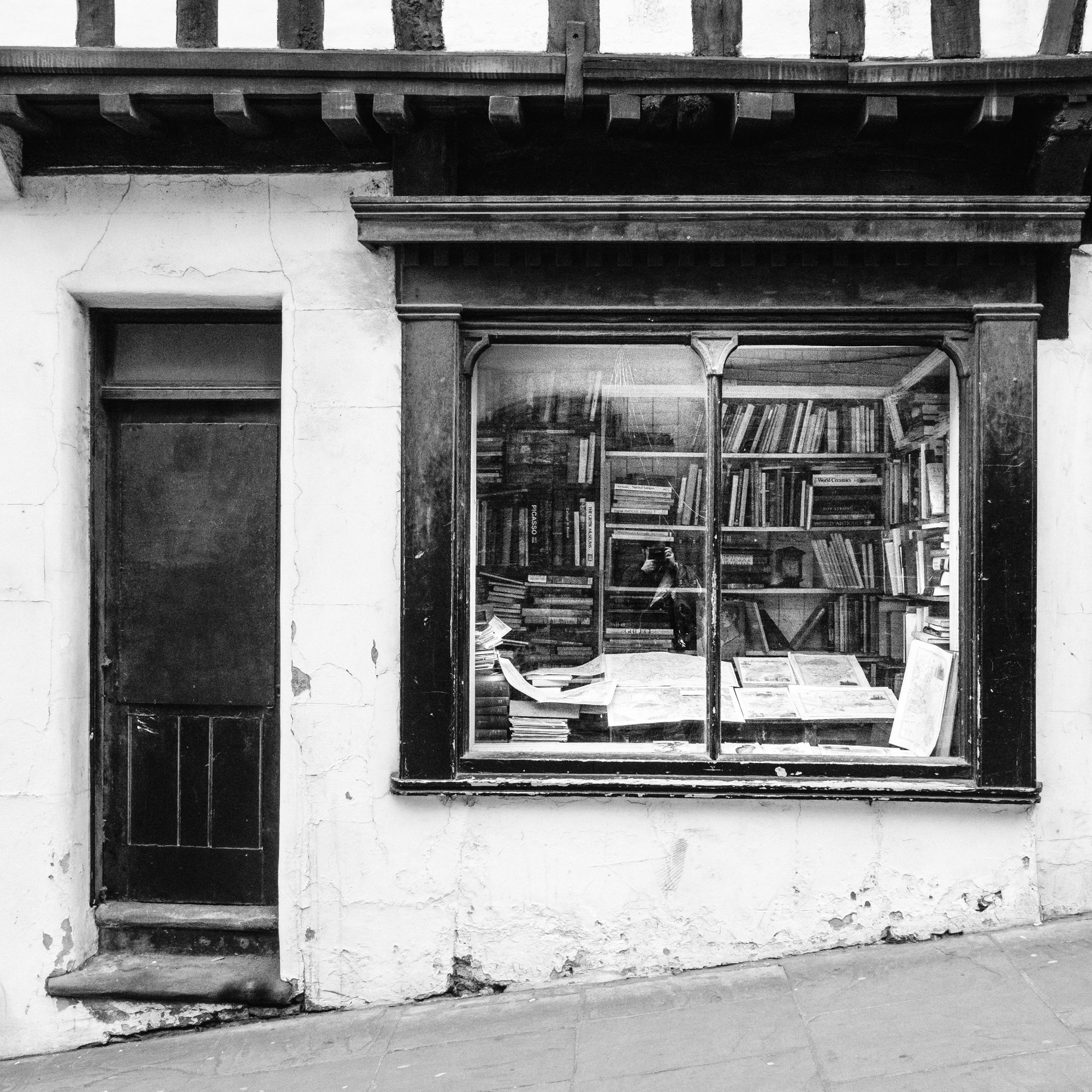
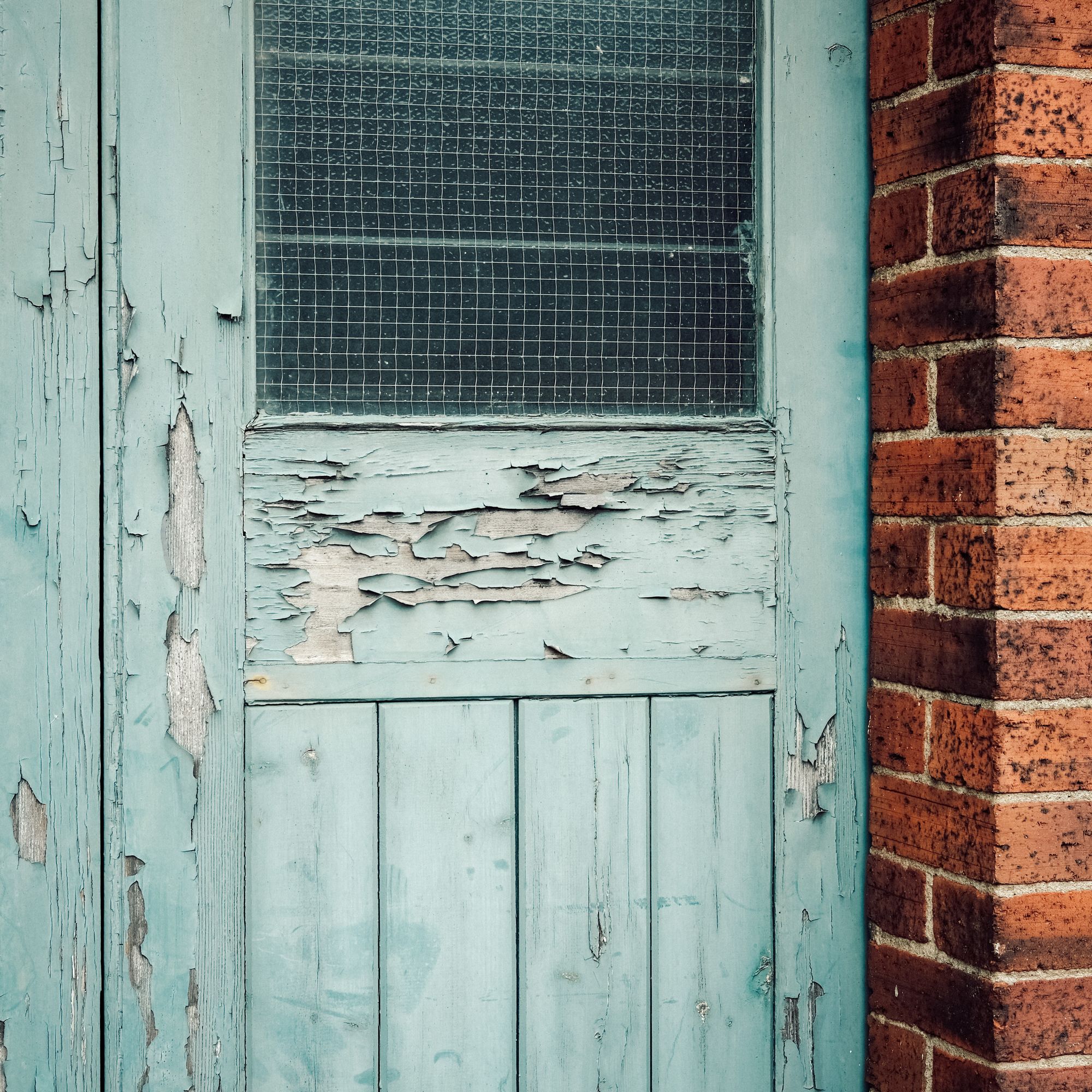
Alex Roddie Newsletter
Join the newsletter to receive the latest updates in your inbox.

